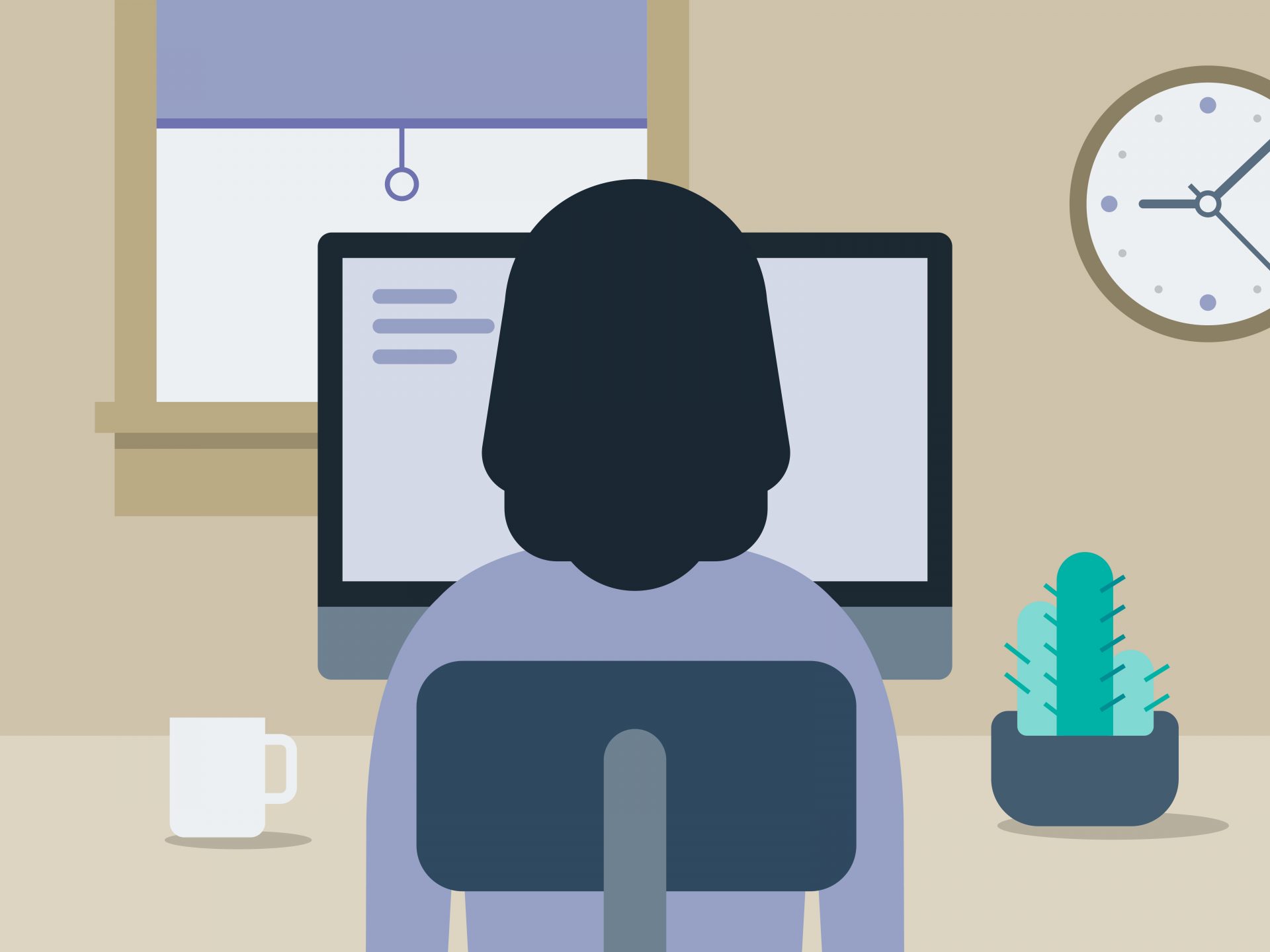How ‘productivity paranoia’ convinced us that we’re not working hard enough

Written by Amy Beecham
It’s time we stopped feeling guilty for taking breaks at work.
Have you ever experienced that moment when your boss asks you what you’re working on today and your mind suddenly goes blank? You’re juggling multiple projects and have a full to-do list but somehow you still can’t articulate exactly what it is you’re doing. And then the panic sets in. What if they think you’re skiving off? What if they’re hinting that your work isn’t up to scratch? Could they possibly know about that slightly longer-than-usual lunch break you took three weeks ago?
It turns out, this feeling has a name: productivity paranoia.
According to a global report by Microsoft published in late 2022, remote and hybrid working situations have led to a growing sense of distrust and scepticism within the workplace. In fact, many managers admit to still having issues trusting employees who work remotely. 85% of leaders say the shift to hybrid work has made it hard to be confident that employees are being productive, with only 12% of employers agreeing that they have full confidence their team is productive.
But this is not only an alarming trend for employers, it trickles down into individual workers’ perceptions of their ability, value and effort levels too. TikTok and social media encourage us to keep ‘optimising’ the hours in our day, with 5-9 routines telling us that we should be squeezing self-development into every spare second we have.
It’s no secret that we’re more stressed at work than ever. According to the research conducted by Westfield Health, close to half (46%) of UK workers are close to burnout. So why, even when our minds and bodies are on the brink of exhaustion, are we still paranoid that we’re not doing enough?
“Post-pandemic and amid a recession, expectations in work environments are very high now,” explains Kate Ibbotson, a productivity coach, psychotherapist and founder of A Tidy Mind. According to Ibbotson, thanks to competitive busyness and a toxic hustle culture,it’s easy (and pretty much inevitable) to find ourselves pulled into feeling guilty for not being productive enough.
Karen Eyre-White, a productivity expert and founder of Go Do agrees that the pandemic encouraged us to engage in “counterproductive behaviours” in order to prove we were working while at home. “These productivity signals, like constantly looking at our inbox or replying instantly to messages don’t actually help us get work done; instead, they deprive us of the time to focus deeply,” she tells Stylist.
“Productivity is a topic which is ripe for paranoia because all we see is what other people outwardly produce, but not how hard they’re working behind the scenes to produce it,” she explains. And indeed, because it’s so easy to fall into the trap of comparing ourselves to others, if we feel like we’re not up to scratch it can deeply impact our self-worth.
Let’s be honest: no one is constantly focused and productive throughout a typical eight-hour work day. And that’s totally OK. Taking a screen break, time away from your desk and getting fresh air are all extremely important to schedule into your shift, while research has even suggested that the ideal work rhythm for maximum productivity is 52 minutes of work time followed by a 17-minute break.
So why do we still silently punish ourselves for the occasional water-cooler chat or lighter load day?
A relentless focus on how much we can get done at work can be toxic, and very damaging to our mental health. As Eyre-White suggests, we can get over-focused on measuring our worth by how much we achieve or get done, which can lead to working too much and burnout.
“Being productive takes hard work, organisation, discipline and daily habits, but since we’re human and subject to changes in energy and health, it’s inevitable that things will slip sometimes,” Ibbotson reminds us.
So if you do have one of those mornings where nothing seems to get done or you find yourself totally zoning out on your third Zoom call of the day, you should allow yourself some grace.
“We need to recognise the fact that we are human and part of being human means that we will make mistakes or external things will happen that are outside of our control. Toxic productivity happens when there is no room or time built into a schedule to allow for unforeseen delays or simply to allow for rest,” she adds.
So take this as the permission slip you may need to utilise your breaks, manage your time sustainably and cut yourself some slack at work. Getting a quick coffee with a colleague isn’t ‘quiet quitting’ – it’s essential to workplace wellbeing.
Images: Getty
Source: Read Full Article
